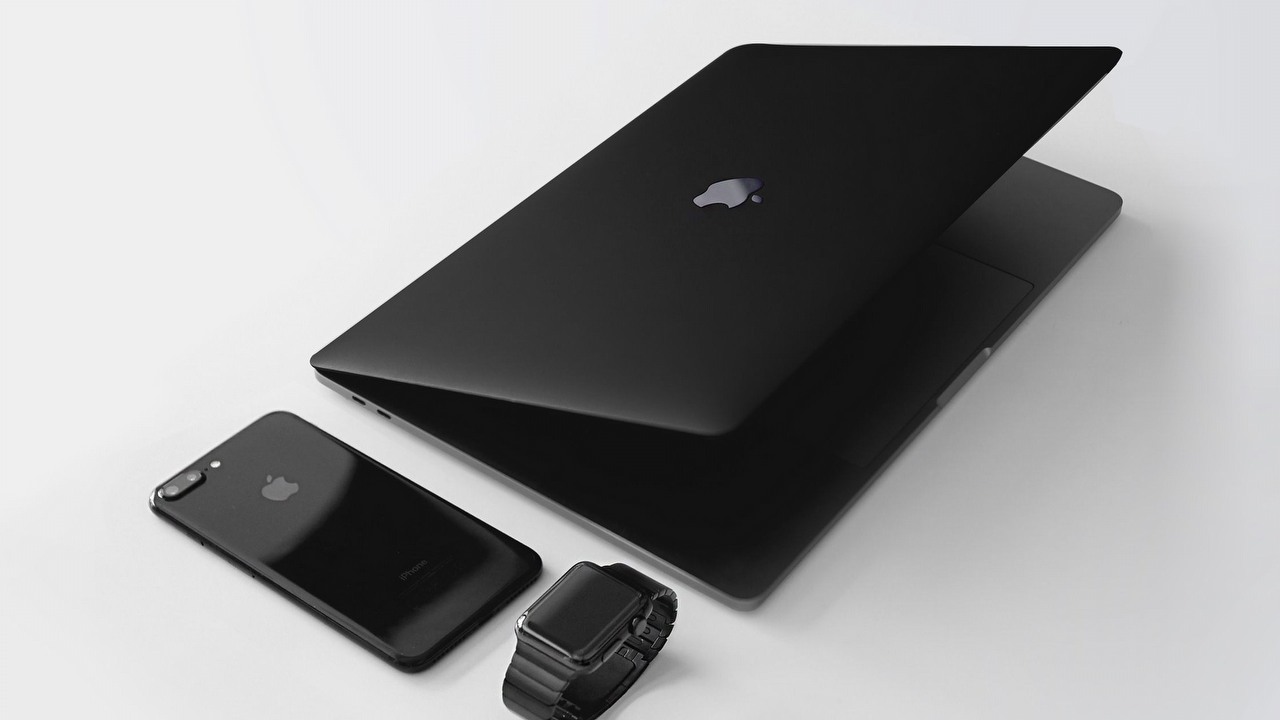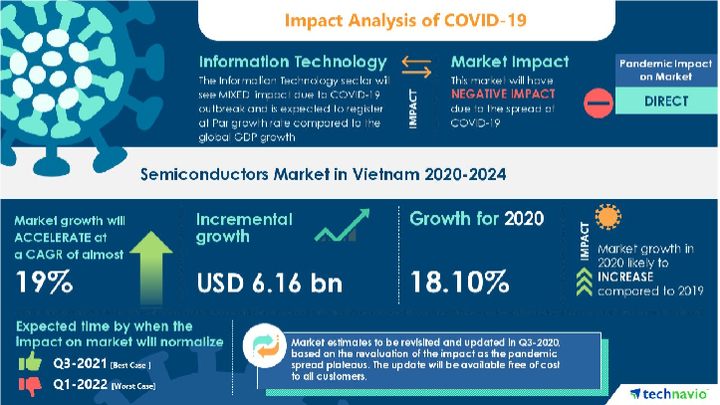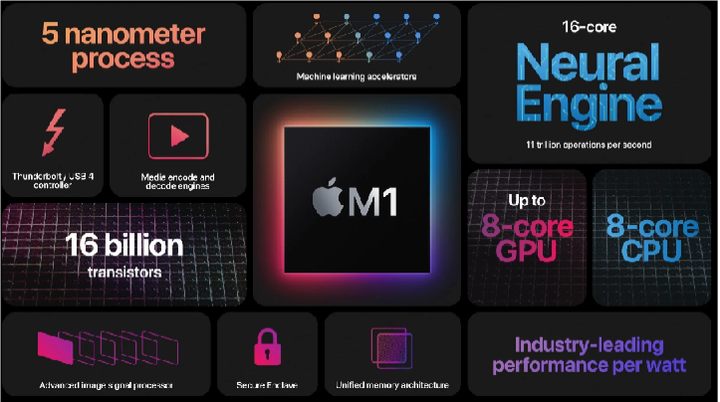Chip Shortages Affect All Companies Except One
The chip deficit continues and there is no indication that this situation will end anytime soon. Apple as it seems is immune to the problems for now.

Optimistic forecasts from industry analysts assume that the current chip shortage will be resolved in the coming months. Retailers and wholesalers, on the other hand, expect the problem to get worse as the demand remains high.
Apple's negotiating power in contracts with chipmakers has ensured the company a solid supply chain. As a result, the California company has not been affected by the semiconductor shortage as much as rival Samsung.
The ongoing crisis, caused among others by the coronavirus pandemic, is felt mainly in countries where computer components are manufactured. Vietnam and Malaysia are not going to regain their full production capacity too soon as their governments are trying to protect their citizens and prevent the collapse of the local economy at the same time. In the most optimistic scenario, the market will stabilize in the third quarter of 2021, in the worst - only next year.

This April, Apple warned that it would be unable to produce enough iPads and MacBooks to meet demand. The company did not produce enough M1 (System on Chip in ARM architecture) chips, which are installed in its computers. In addition, there was a problem with the supply of screen drivers and NAND memory controllers.
According to a Wave7 study found by PCMag, silicon shortages have begun to hit the production of low-budget Android phones, while companies like OnePlus and Samsung reported the biggest bottleneck in the supply chain. Apple, on the other hand, has managed to weather the storm by ensuring its component supply ahead of time. This has made purchasing the iPhone 12 relatively easy.

The problems may have started already in March, when Qualcomm signaled trouble with the production of low- and mid-budget Snapdragon chips. Xiaomi CEO Wang Xiang warned that the supply of high-budget components is also limited. For this reason, the corporation will be forced to raise production costs if it does not find a way to optimize the design process of phones.
We as consumers can only wait for the situation to stabilize and look to the future. After all, not only is the premiere of the iPhone 13 imminent, but also the next iteration of Samsung's foldable smartphones.
- “Hypocrisy noted,” Grok called out Elon Musk while the billionaire was arguing with Sam Altman over accusations against Apple
- Maybe it’s time to stop calling Macs bad for gaming, because Cyberpunk 2077 says otherwise
- iPhone Air will be Apple's first smartphone in 10 years without stereo sound. Fans are not bothered by this
0
Latest News
- 12 million players are celebrating, but not everyone will get a gift. ARC Raiders devs give away pickaxes and bans
- Cyberpunk 2077 creator explains why male V suddenly disappeared from ads
- Court sides with GTA 6 devs. Former Rockstar Games employees suffer a painful blow in their fight for money
- 2 Xbox Game Pass games. Star Wars: Outlaws comes with a newly released zombie apocalypse simulator
- „Bloodborne is a special game for me.” Dark Souls father's honest declaration is painful and hopeless, but true

